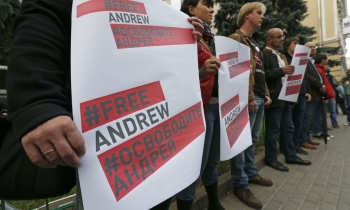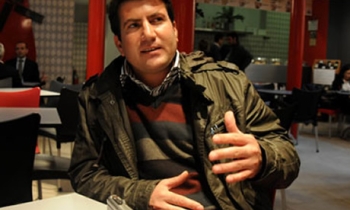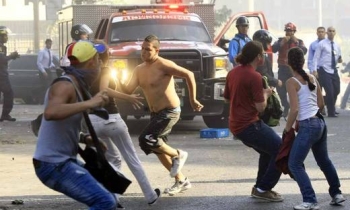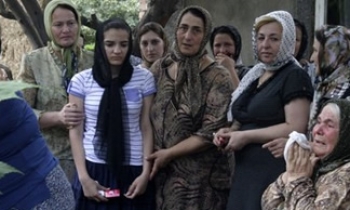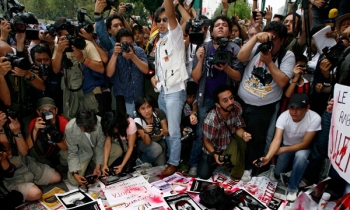There has been a wave of government censorship in the past few days at Radio-Télévision Nationale de Guinée Équatoriale (RTVGE), a state-owned broadcaster that is kept under very close surveillance by information minister Jeronimo Osa Osa.
On Thursday, the state radio’s French-language broadcasts were “temporarily suspended on the orders of a higher authority,” the head of the station, José Esono Bacale, said in a statement that gave no explanation for the decision. His communiqué added that both “news broadcasts and entertainment programmes” were affected. French was adopted as Equatorial Guinea’s second official language, after Spanish, in 1998 and the state radio has a French-language section.
Earlier in the week, Juan Pedro Mendene was “suspended” as the host of the RTVGE French-language radio programme “Détente” because he referred briefly to Libya in apparent violation of a ban on any reference on the air to the ongoing unrest in a number of Arab countries.
“I have been suspended because I said I was the guide of Détente and not the Libyan guide,” Mendene said. A few seconds after Mendene made this comment, the secretary of state for radio and television information, Federico Abaga, came and “told the studio technician to turn off the microphone,” Mendene said. “He asked me to leave not just the studio but also the station.” Mendene added that he was hit by Abaga’s bodyguard as he left the radio. This was confirmed by several other people speaking on condition of anonymity.
Speaking to the New York-based Committee to Protect Journalists (CPJ), Mendene--who has been nicknamed by listeners "The Guide" because of the educational nature of his show--mentioned the Libyan revolution in the introduction to his program. According to local journalists, the official took exception to the reference on the grounds that it breached the government-controlled station policy of not discussing on events in Libya, Tunisa, Egypt, Algeria, Morocco, Yemen, and Ivory Coast.
"We condemn the suspension of Juan Pedro Mendene for merely mentioning Libya," said CPJ Africa Advocacy Coordinator Mohamed Keita. "We call on authorities to lift the suspension immediately, and to end censorship of news from the Middle East and Ivory Coast."
RSF said it was appalled by the way government officials censor public media journalists and programmes. The suspensions are not only unjust but also absurd as the government cannot continue indefinitely to cover up political events that are shaking the world, it said.
RSF also condemned the news blackout on unrest in the Arab world on February 15, when writer, blogger and magazine editor Juan Tomás Ávila Laurel went on hunger strike. “Information minister Jeronimo Osa Osa, who is also the government’s spokesman, issued clear directives to the staff of the state radio and TV broadcaster, RTVGE, not to cover the unrest in Tunisia and Egypt,” the organisation said at the time.
Afrol News (afrol.com), an international news website that is critical of Equatorial Guinea’s government, has experienced a sharp fall in the number of online visits by people based in Equatorial Guinea. It is unclear if this is just a technical problem or if the government is trying to block the site, but it is becoming more and more difficult to access from inside Equatorial Guinea.
Equatorial Guineas is ranked 167th out of 178 countries in the 2010 RSF press freedom index while its president, Teodoro Obiang Nguema, has been on the RSF list of “Predators of Press Freedom” for years.
President Teodoro Obiang's repression of dissent and his iron grip on the media during his 32 years of rule have cowed the Equatorial Guinean press into self-censorship, preventing any probing coverage of ongoing international investigations of the ruling elite over of allegations of siphoning of oil revenue profits, according to CPJ research.


